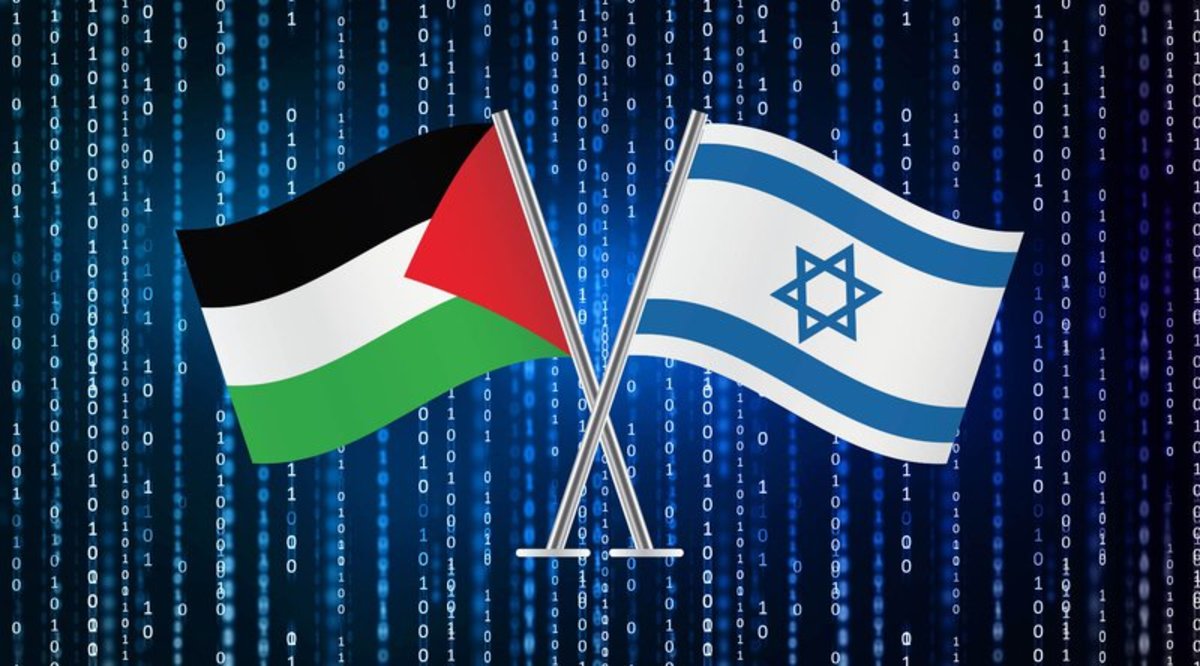
Palestinian officials are planning for the region of Palestine to receive its own digital currency within the next five years. The motivation for this stems from concerns about potential Israeli interference, Azzam Shawwa, Governor of the Palestinian Monetary Authority (PMA), told the news agency Reuters.
Palestinians have no sovereign currency of their own and use a combination of different currencies, including the euro, the dollar, the Jordanian dinar and the Israeli shekel, to conduct their daily financial transactions.
Due to the lack of a sovereign currency, Palestinian officials have little control over money supply and inflation. This is why the Palestinian Monetary Authority wants to introduce a bitcoin-like digital currency as the territory's new legal tender, which will be called “the Palestinian Pound,” according to Shawwa.
It is the Palestinian Monetary Authority's goal to become a fully-fledged and internationally recognized central bank for an independent Palestine. However, it is still unclear how a digital sovereign currency for Palestinians would sit with the 1994 Paris Protocol agreement. The protocol agreement gives the Palestinian Monetary Authority the functions of a central bank; however, it has not granted the institutions the right to issue its own currency. The Paris protocol recommends the use of the shekel in the region and, thereby, effectively provides Israel with a veto over the establishment of a Palestinian currency.
A sovereign digital currency, though, would make sense for Palestine. Not only would it allow the PMA to have more control over the country’s money supply and inflation, but it would also circumvent the practical challenges of delivering hard currency into the country as the PMA has no money-printing facilities.
"If we print currency, to get it into the country you would always need clearance from the Israelis and that could be an obstacle. So that is why we don't want to go into it," Shawwa explained to Reuters.
While the digital Palestinian pound is planned to be issued within the next five years, this will be no easy task for Palestinian authorities, given that the Palestinian Monetary Authority has been trying for over a decade to become an internationally recognized central bank.
Another option for the Palestinian monetary situation would be to keep the current status quo of the four above-mentioned currencies in use or to officially recognize one of the these currencies as the territory’s legal tender. However, a digital sovereign currency would be the preferred choice for Palestine, according to Shawwa.










